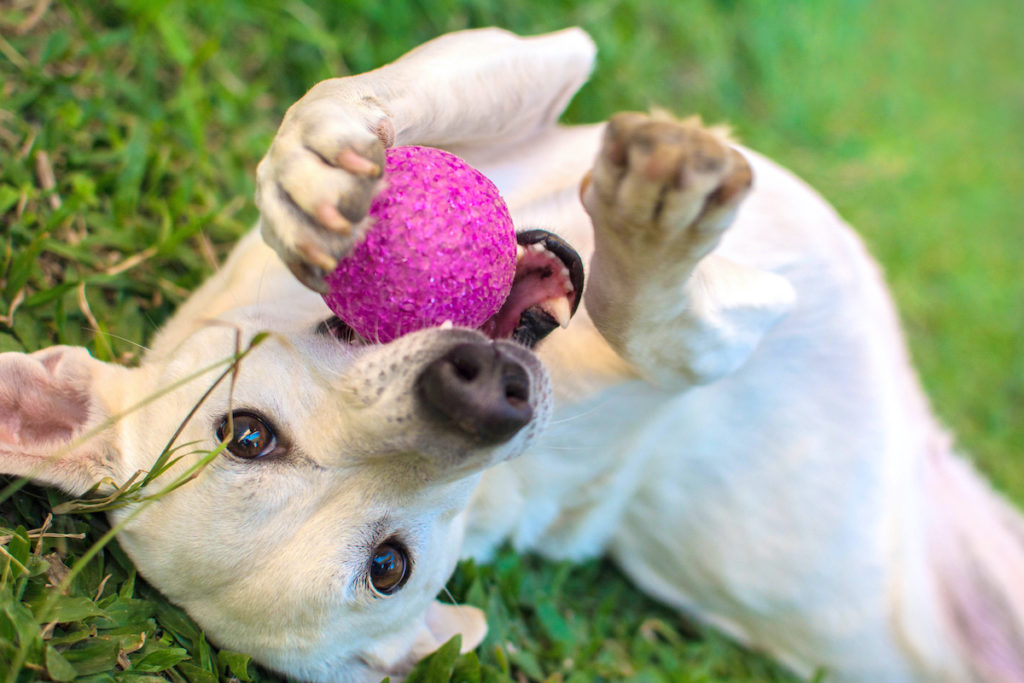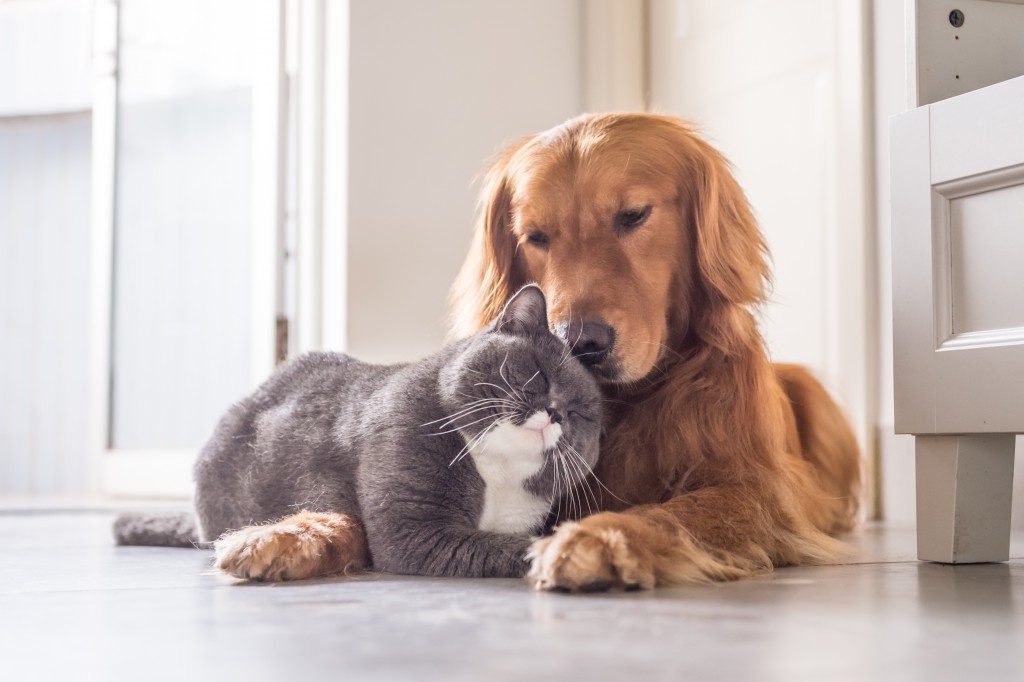Like many Americans during this coronavirus pandemic, you’ve chosen to adopt, buy, or foster a new puppy. We can understand why. Puppies are especially irresistible with their cute little faces, small feet, and lolling tongue. You were probably drawn in by their playfulness and playful nature as well.
And that uplifting mood you got when you first laid eyes on them? If you were worried that it was a figment of your imagination brought on by the lockdown and isolation, it’s not. Studies have shown that pet parenting can significantly increase one’s happiness and improve mental well-being.
Supplies and Crate Training
The first thing to do when you are first-time puppy parents is to make sure that you have all the supplies you will need to make your puppy as comfortable as possible. Some essentials include:
- Dog bed: Try to find one that is both comfortable and easy-to-clean. If possible, get two so that you have an alternate when one gets too soiled and needs to be washed.
- Food and water bowls: These usually come in stainless steel, ceramic, or plastic. One material is not better than the other, so go with your personal preference.
- Puppy food: This could be wet or dry, again depending on your personal preference. Make sure it’s puppy food, not adult dog food, because puppy food is specially formulated for growing dogs.
- Basic grooming supplies: These include pet hairbrush and comb, toothbrush and toothpaste, and nail clippers. The earlier you get them used to grooming, the better.
- Collar and leash: Best to get ones that can be adjusted until they’re at least two years old (when they’re already considered full-grown). We recommend getting a dog harness instead of a collar as those are more secure.
- Toys: You would need to keep your puppy entertained, after all.
And perhaps the most essential of them all, a crate. Crate training your puppy early would be beneficial for both you and the puppy. It takes advantage of a dog’s instinct to find somewhere safe and comfortable to hide when they feel stressed or anxious. And for you, it makes housetraining a puppy easier as most dogs do not soil their personal spaces.

Obedience and Discipline
Not all puppies are created equal in terms of the ability to learn new things. Some would require the expert hand of a private dog trainer to thrive while others could learn things on their own based on observation and by learning simple commands at home. Regardless of your puppy’s level of intelligence, you need to understand that yelling at them or hitting them won’t get you the results you desire. You’ll only be teaching them to fear you.
For instance, if you find that your puppy has chewed through your favorite pair of running shoes, screaming won’t stop them from eating other things, as is their instinct as a puppy. Instead, you need to get to the root of the behavior and figure out the best way to address the issue. If they’re bored, try to entertain them more. If they’re hungry, give them more food.
Potty Training
Potty training, on the other hand, will need more commitment from you. When they need to expel bodily fluids, puppies will go by instinct, meaning they will pee and poop wherever the urge reaches them. To properly potty train your new puppy, you need to be vigilant about their bathroom habits. As soon as you see them squatting, for example, whisk them outside straightaway and lavish them with praise when they’ve done their business.
Try to work on a schedule too. Take your puppy out every half hour, for example. But don’t let them out the backyard and then leave them alone. You need to watch over them so that they can focus on what they need to do. Otherwise, they’ll end up thinking yard time is playtime.

